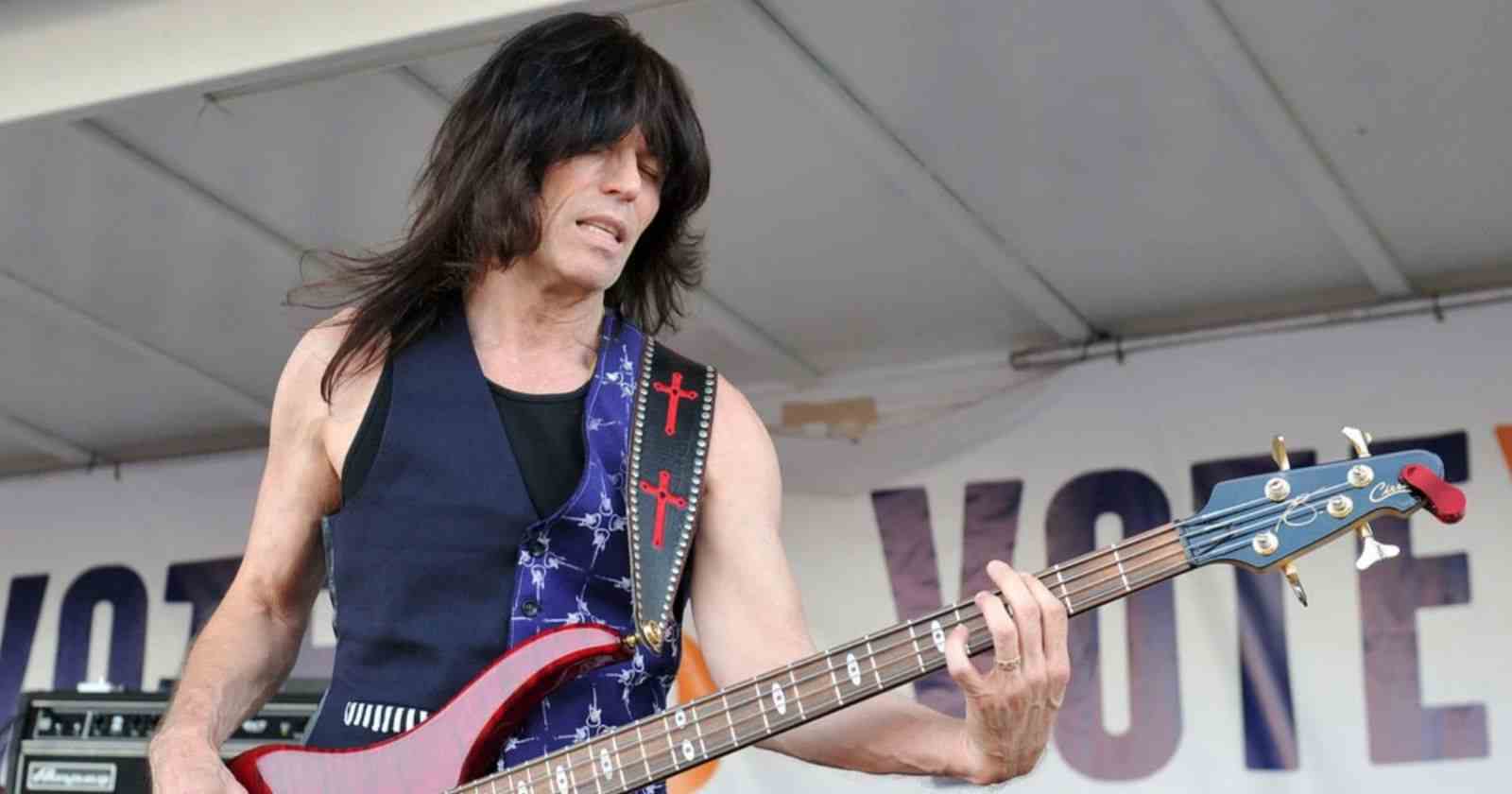


Legendary Bassist Rudy Sarzo, currently playing with The Guess Who, already made history in Rock and Roll music also performing with Ozzy Osbourne, Quiet Riot, Whitesnake, Blue Öyster Cult and more. In an interview with Rolling Stone magazine, the musician recalled the artists he loved when he was young.
“Benny Moré, Celia Cruz, Rolando Laserie. They were just bandleaders in Cuba. Celia Cruz then migrated to the United States and continued her career. These were all local Cuban musicians. Most or them left or were cast away right before the revolution.”
“I was born in Cuba. It was Latin music. But when I was a kid, we just called it “Cuban Music” or just “music.” It was big band. I’m 70 years old. When I was a toddler, I was dancing in my crib to some kind of rhythm.”
“I used to go to sleep with the kids in my neighborhood in Havana gathering around an old Fifties car and beating on different parts of the vehicle, like the fender and the bumper or the hubcaps. They had different tones. That was like a tribal gathering of the kids in the neighborhood, and that was our social media. Those rhythms, that’s what I’d fall asleep with every single night.”
“Since it was an island, everything was concentrated. There was mafia, at the time, in the United States. Well, there was mafia in Cuba. The gambling being 90 miles away from Key West, people used to take ferries. You put your car in the ferry and within a couple of hours, you were in Havana, driving around.”
“That’s how most of the people traveled. That’s how rum-running became an industry. They’d bring in Cuban rum during Prohibition. You’d bring it on the ferry, unload the trucks, and just continue to the point of distribution.”
“There’s this perception that communism came in because things were so bad that communism was actually a good thing for Cuba. I think things were just as bad as they were in the United States. If we’re talking about corruption with the mafia or politics, it’s the same thing in the United States. It wasn’t that it was that bad.”
“It was just that Castro came in with a really good sales pitch about communism. One major difference about selling communism in the United States versus selling it in Cuba is that Cuba, before it was liberated, was a colony of Spain. That’s a whole different political and social system than the United States, which was a colony of England. It’s more of the Anglo mentality.”
“The same problems that exist today in Spanish colonial countries throughout South America, it’s what Cuba, at the time, was suffering from. It wasn’t as much as far as economics, but certain strictures, like inequality. There were many inequality issues. It was still a Spanish colonial mentality”
I'm a Brazilian journalist who always loved Classic Rock and Heavy Metal music. That passion inspired me to create Rock and Roll Garage over 6 years ago. Music has always been a part of my life, helping me through tough times and being a support to celebrate the good ones. When I became a journalist, I knew I wanted to write about my passions. After graduating in journalism from the Pontifical Catholic University of Minas Gerais, I pursued a postgraduate degree in digital communication at the same institution. The studies and experience in the field helped me improve the website and always bring the best of classic rock to the world! MTB: 0021377/MG
